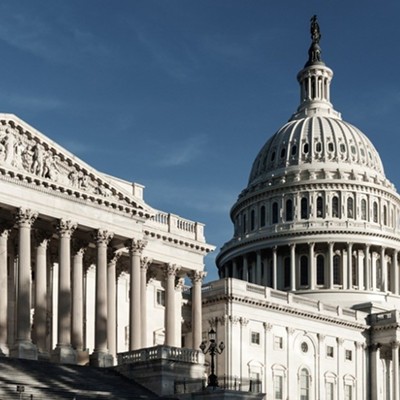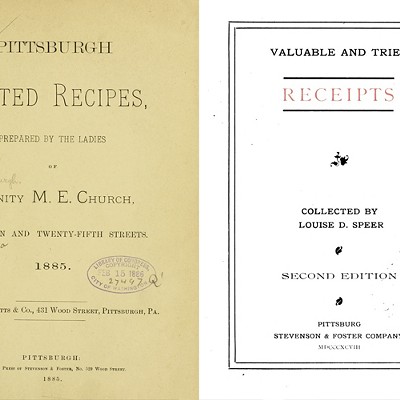Tuesday, September 18, 2012
Activists Question Benefits, Prospects for Natural Gas
Natural gas isn’t a “bridge fuel” to a world powered by renewable energy — in fact, its use simply delays our transition to renewables. And the economic benefits (and even the productivity) of gas plays like the Marcellus Shale are vastly overrated.
Those were two key assertions in today’s phone conference organized by activists in advance of this week’s shale-gas industry conference in Philadelphia. Speakers included author and prominent climate-change activist Bill McKibben and Texas-based activist Deborah Rogers.
The “bridge” idea, as promoted by the gas industry, posits natural gas as a transitional fuel between other fossil fuels, like coal, and renewable energy, like wind and solar.
Burning natural gas does produce about half as much carbon dioxide as does burning coal. But McKibben, founder of the grassroots climate campaign 350.org, contends that natural gas is “consistently overhyped as a solution to climate change.”
Gas boosters attribute the recent drop in U.S. carbon emissions to the displacement of coal-fired electricity by natural gas. But McKibben cited this new study concluding that the biggest single reason for the drop was simply last year’s warm winter.
McKibben, speaking by phone from Connecticut, also told reporters that our shift to natural gas has detoured us from developing renewables. He cited August reports that British bank Barclays had lowered its forecast for growth in wind capacity because of cheap natural gas.
McKibben added that evidence is increasing that natural gas doesn’t even reduce greenhouse-gas emissions that much compared to coal, once you factor in leaks of methane, a potent greenhouse gas that’s the principle component of natural gas. He cited a recent International Energy agency report. (The report generally favors what it calls environmentally responsible development of “unconventional gas” like shale gas. But it concludes that “greater reliance on natural gas alone cannot realise the international goal of limiting the long-term increase in the global mean temperature to two degrees Celsius above pre-industrial levels.”) The gas industry contends that methane leaks are not a significant source of methane.
Natural gas, McKibben quipped, is less a bridge to renewable energy and a stable climate than it is “a pier that stretches out in a rickety fashion.”
Also speaking on the phone conference — whose lead organizer was Philadelphia-based grassroots group Protecting Our Waters — was Deborah Rogers, founder of the Energy Policy Forum.
Rogers owns a cheese-making dairy; she’s also on the Advisory Council of the Federal Reserve Bank of Dallas. She took on industry claims about the size of domestic natural-gas reserves. (Her arguments have been aired nationally; this 2011 New York Times article notes her work.)
Rogers contends that the industry consistently overstates the size of its reserves. Rogers says that she and a team of geologists arrived at estimates of reserves that closely mirror those of the U.S. Geological Service, whose 2011 estimate caused controversy when it came in much lower than figures cited by industry. In the Marcellus Shale, for instance, U.S.G.S. estimates of reserve sizes were 80 percent lower than figures cited by industry.
Meanwhile, Rogers notes, drillers are borrowing money based on their own estimates.
“There’s a very good possiblity that a lot of money has been borrowed by the shale industry on reserves that will never see the light of day,” she said today.
Rogers finds support for her contention in what she says are rapid declines in well productivity in shale-gas regions.
She also contends that industry exaggerates the number of jobs gas-drilling creates.
Industry spokespeople maintain that the wells are economically viable and sources of long-term jobs.
Shale Gas Outrage plans demonstrations, speakers and more at The Shale Gas Insight 2012 conference, set for this Thursday and Friday at the Pennsylvania Convention Center, in downtown Philadelphia.
Protect Our Waters, which calls for a moratorium on drilling in Pennsylvania, is one of dozens of local and national environmental and civic groups endorsing or participating in Shale Gas Outrage activities this week. Others include the Sierra Club, Greenpeace, Clean Water Action and such locally based groups as Marcellus Protest and Marcellus Outreach Butler.
Speakers at the protests include McKibben, Gasland filmmaker Josh Fox and landowners from across the state who say their water has been polluted by drilling. The main demonstration is planned for noon Thu., Sept. 20, outside the convention center.
Tags: environment , natural gas , Marcellus Shale , climate change













